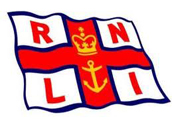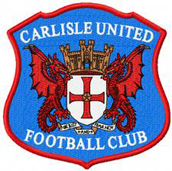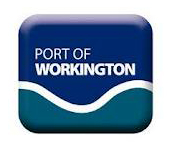- Home
- Scarrows
- Mariners
- Cumberland
- Miscellaneous
Rio de Janeiro, Brazil
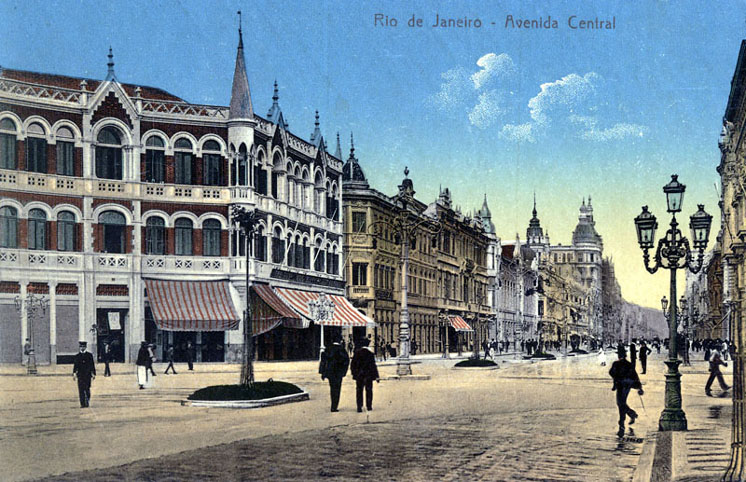
Avenida Central, Rio de Janeiro, circa 1900
History
In 1555, the French occupied the area around Guanabara Bay and founded Antarctic France. In 1565, the French were defeated by the Portuguese, and Tomé de Souza founded the city of São Sebastião do Rio de Janeiro. To protect the area from further invasions, Portugal defined Rio as one of the administrative centres of its colony and also founded several villages along the coast.
The economy grew slowly. Cabo Frio started the exploration of marine salt. Sugar cane production, initially insignificant, was the most important activity by the end of the 17th century - the largest farms were in the area of Campos. In the latter part of the 17th century, gold was found in Minas Gerais. To facilitate taxation and combat contraband, the King of Portugal decreed that all the gold production should be exported through the port of Rio de Janeiro. In 1763, the city of Rio became the sole administrative capital of Brazil.
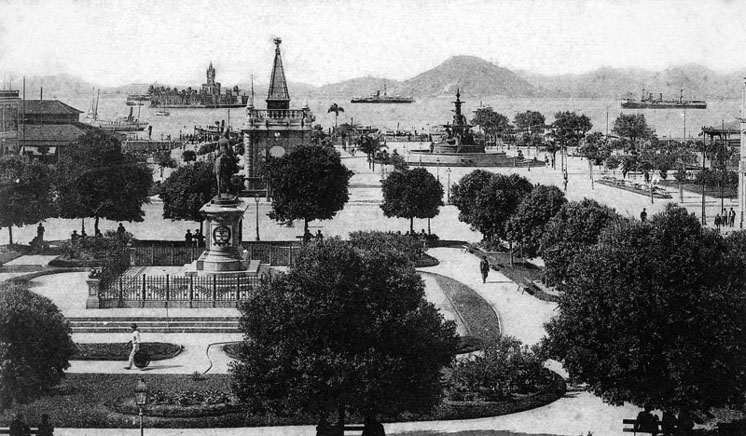
Harbour, Rio de Janeiro, circa 1920
In 1822, after Brazil became independent, the city of Rio became its capital. Independence coincided with the decline of the gold production. Resources were then redirected to a new product, namely coffee. By 1860, coffee was responsible for more than 50% of Brazilian exports, with the State of Rio producing more than 70% of Brazilian coffee. With coffee came the railways, which permitted a more efficient transportation - the first lines were laid toward Petropolis and inaugurated in 1854.
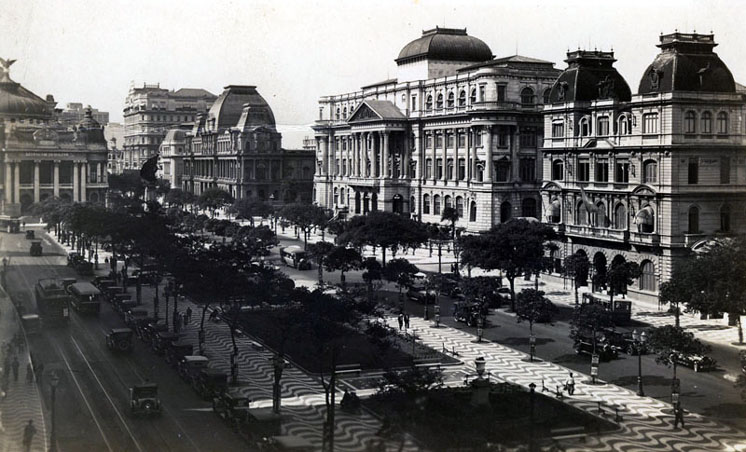
Rio de Janeiro, circa 1920
In 1889, when Brazil became a Republic, coffee production in Rio was already in decline. The soil of Rio proved to be less fertile than in other parts, and erosion became a serious problem. More significantly the farmers from Rio were heavily dependent upon slave labour so when slavery was abolished in 1888, many farms faced bankruptcy. With the economic decline, Rio lost also the political supremacy. With the rapid development brought by coffee, São Paulo and Minas Gerais became the most important Brazilian states. In the 1940s large steel, naval and oil plants were opened in Rio, and more recently, petroleum and tourism have become major economic activities. In 1960 the capital was moved to Brasilia although Rio retained the status of cultural capital of Brazil.
Imports
| Goods | Place of Origin |
|---|---|
| Machinery | Britain |
Exports
| Goods | Destination |
|---|---|
| Sugar Cane | Britain |
| Gold | |
| Coffee | Britain |
Industry
| Port Industries | Other Industries |
|---|---|
| Ship repairs |
Scarrow Associations
| Scarrow | Period |
|---|---|
| Joseph Scarrow | 1851 |
| Thomas Scarrow | 1867 |

